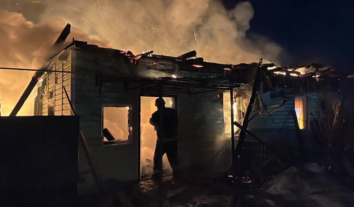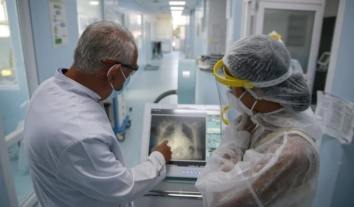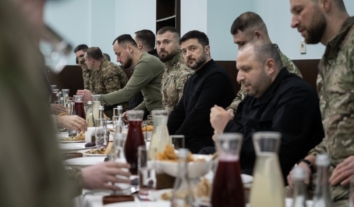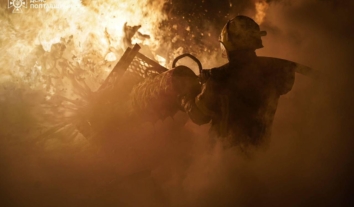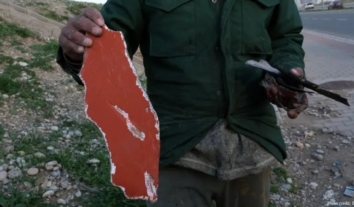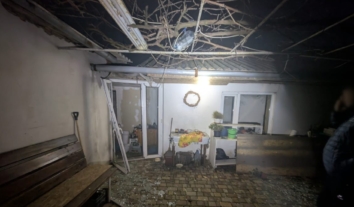ECHR reaffirms in ‘Novaya Gazeta and 161 Others v. Russia’ case: Sentences from Illegally сreated by Russia ‘сourts’ are unlawful
The European Court of Human Rights (ECHR) has ruled in case Novaya Gazeta and 161 Others v. Russia that the Russian Federation is guilty of the systematic suppression of freedom of expression and the persecution of individuals who criticize the war against Ukraine. The court stressed again that all sentences issued by Russian “courts” in occupied Crimea are unlawful.
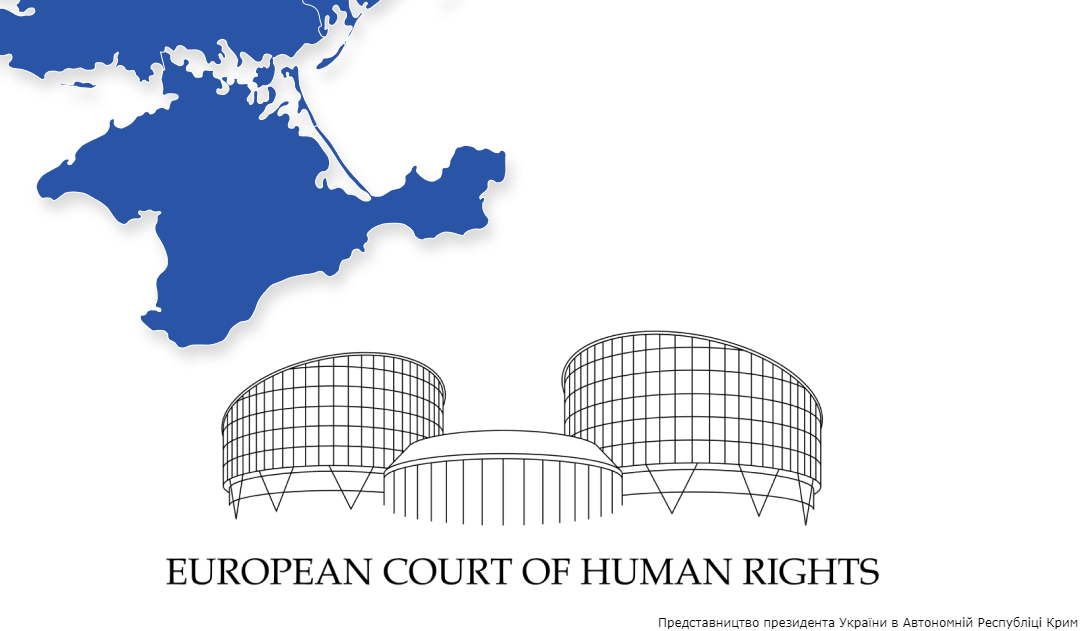
The Russian state has passed laws after the February 2022 full-scale invasion of Ukraine against such dissent and calling it “discrediting the army” or spreading “fake news”.
Russia has utilised these laws as a means of punishing real or perceived dissent against individuals who reside within the territories under its control, including the temporarily occupied Crimean Peninsula.
The ECHR determined in its ruling that Russia violated Article 10 (Freedom of Expression) of the European Convention on Human Rights in an attempt to stifle criticism and not fight any tangible threat to national security, rather “The mere fact that the expressions diverged from the official narrative was deemed sufficient to warrant prosecution“.
These “diverging views” which are used as justifications for prosecution under Russian legislation could include statements in support of Ukraine or even factual reporting of the Russian war of aggression against Ukraine.
The Ukrainian Government has emphasised that these tactics have been used extensively long before the 2022 full-scale invasion, and have been used against the residents of the Crimean Peninsula since the beginning of the Russian occupation in 2014. These large-scale policy tactics were used to specifically target individuals with pro-Ukrainian positions or those who hold criticisms of the Russian authorities.
The ECHR deemed that the applicants whose cases specifically refer to their experiences on the Crimean peninsula, given the nature of the occupation, Russian legislation that is used against the occupied population cannot be considered legitimate within the meanings of the Convention.
The case involves two such Crimean victims of Russian prosecution under the unjust legislation targeting individuals’ freedom of expression. Victim Anzhelika Kosareva was arrested under these unjust Russian criminal codes for holding a sign stating “I am for peace” in Simferopol, Crimea on March 24, 2022.
Similarly, victim Susana Rasymivna Bezaziyeva, a Crimean Tatar secondary school teacher told her pupils that there “were no fascists in Ukraine and that Ukrainian people and children were being brutally attacked, killed and even raped by Russian soldiers”. She was later charged and prosecuted under Article 207.3 of the Criminal Code of the Russian Federation after a parent complained about her statements.
Previously, ZMINA participated in the online forum “Trials against freedom of speech in Crimea: the price of journalistic work” which drew attention to the systematic persecution of journalists in the occupied Crimea that often goes beyond just legal persecutions for real or perceived views of dissent or criticism of the Russian state.
The very real threat against journalists and human rights activists on the occupied peninsula is dangerous as many of these individuals have become political prisoners under trumped-up charges meant to silence and punish them for their speech, political prisoners such as journalist Iryna Danylovych and Crimean pensioner Halyna Dovhopola.
To provide background, on June 25, 2024, the European Court of Human Rights (ECHR) delivered a judgment on the merits in the interstate case “Ukraine v. Russia (regarding Crimea)” – the first of four interstate cases with applications against Russia in connection with its war against Ukraine. The court in Strasbourg unanimously found that Russia had massively and systematically violated 14 articles and protocols of the European Convention on Human Rights in temporarily occupied Crimea.

